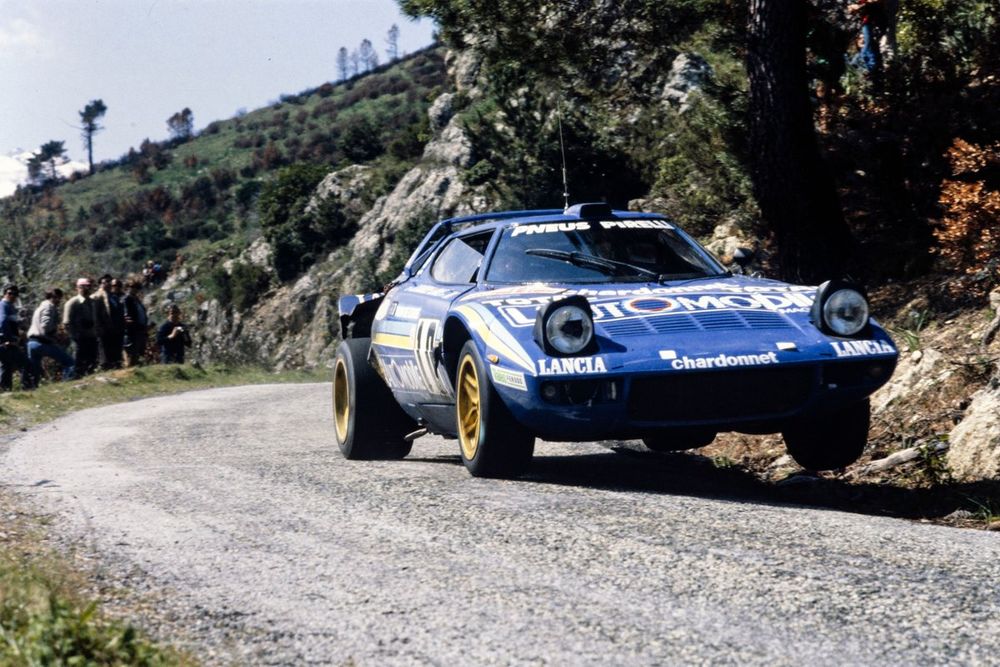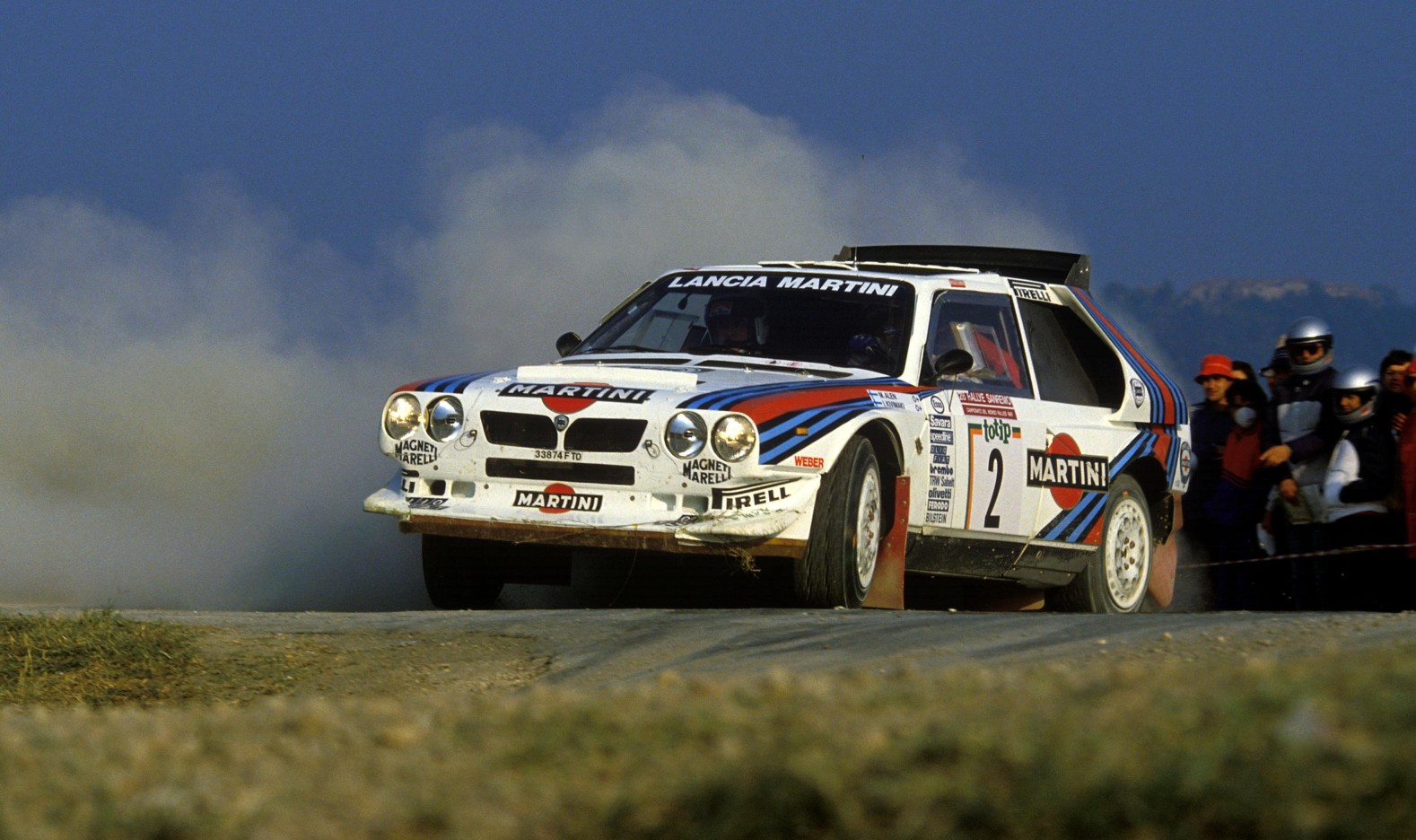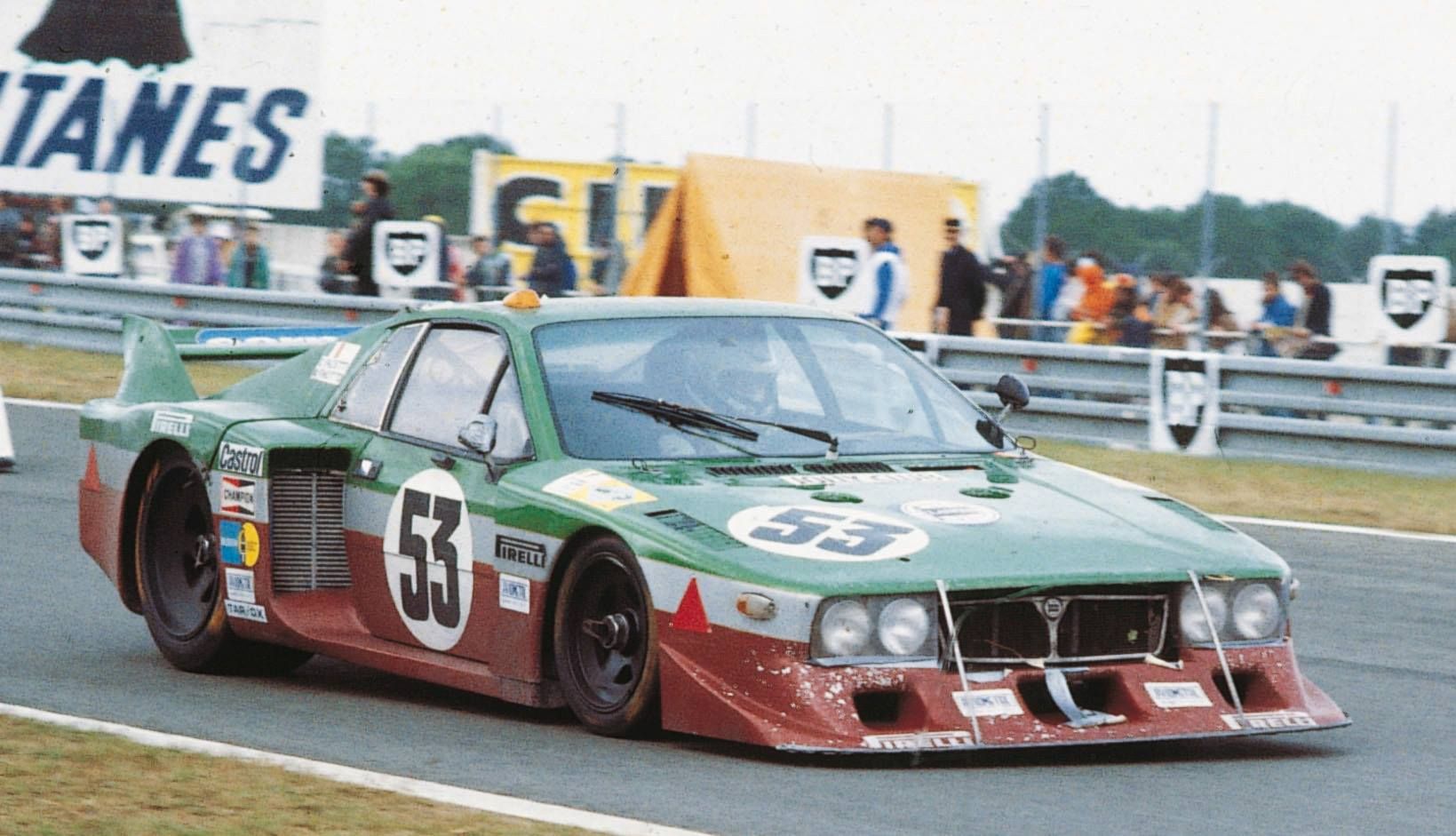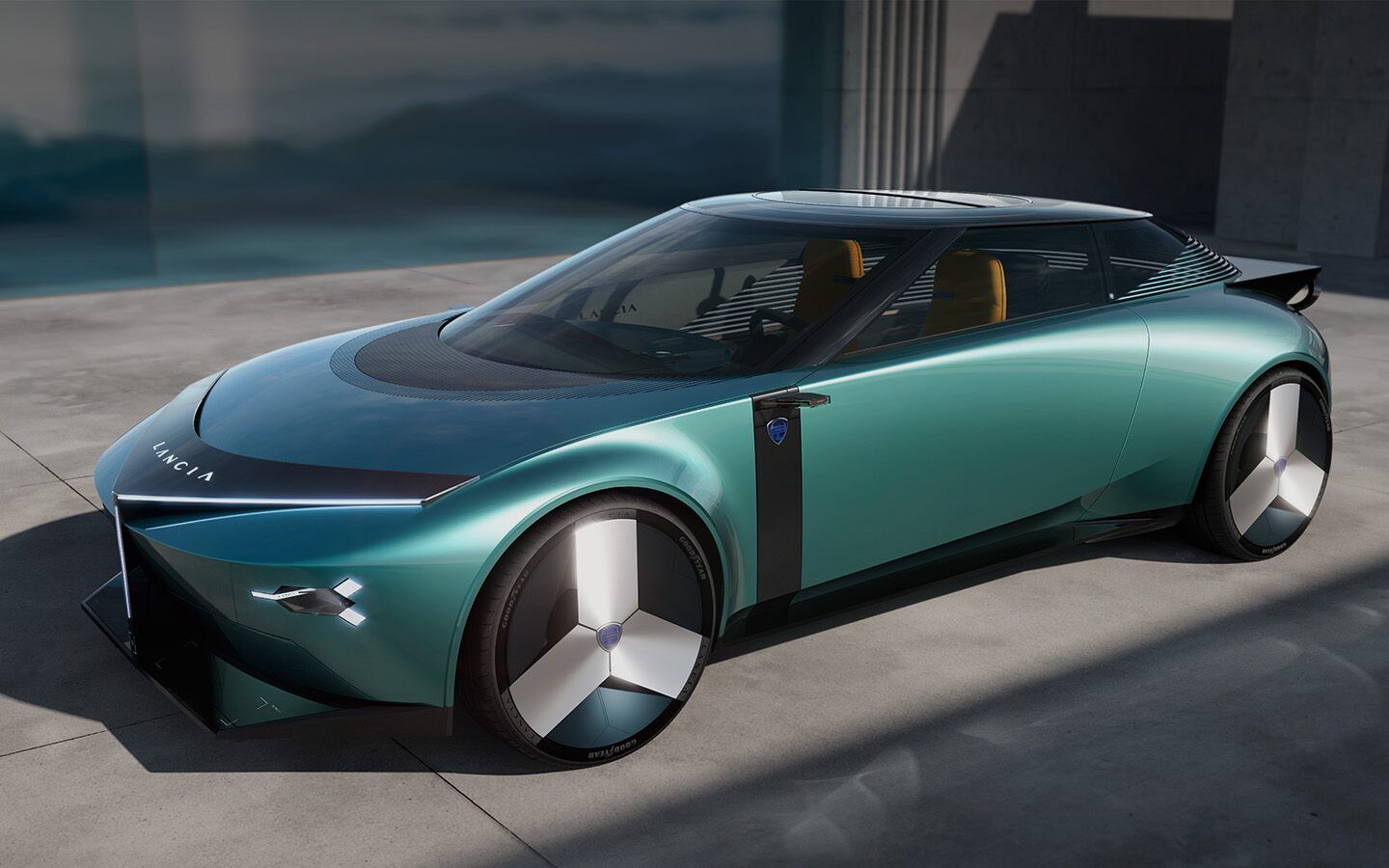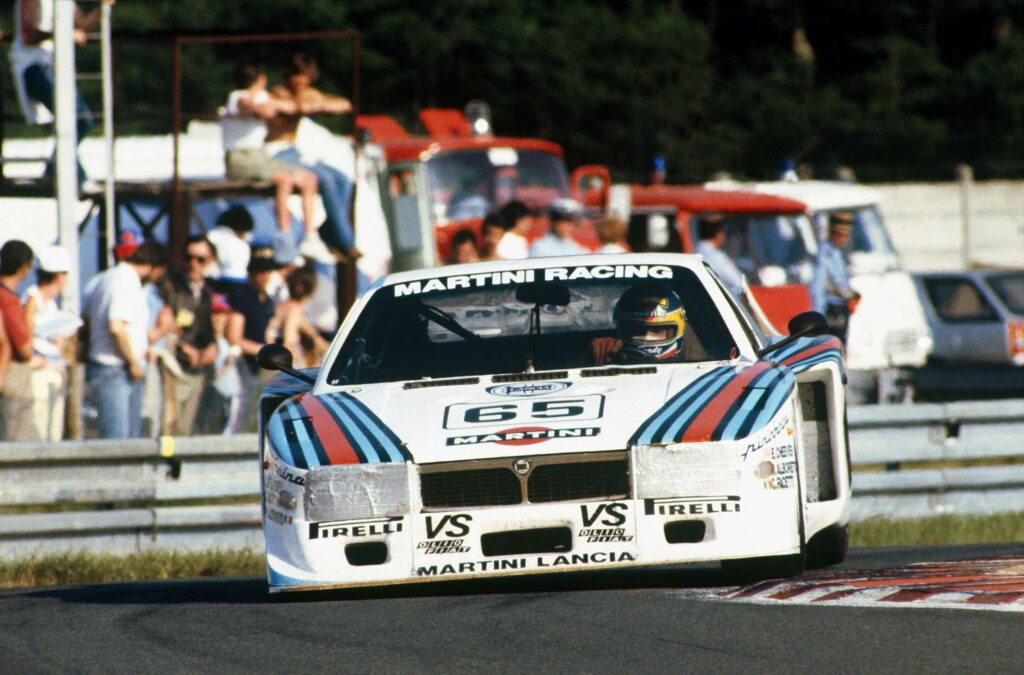Lancia
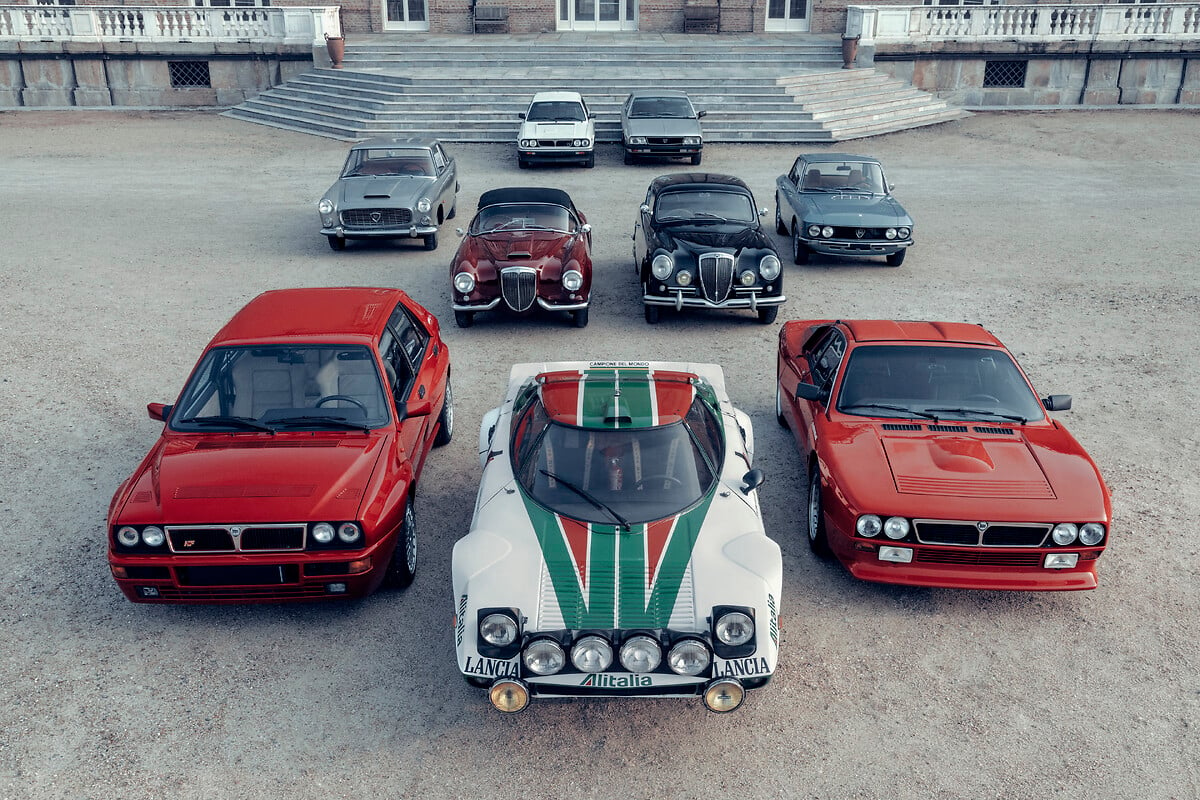
Lancia
Founded
1906
Founders
Vincenzo Lancia
Country
Italy
Headquarters
Turin, Italy

Lancia
Founded
1906
Founders
Vincenzo Lancia
Country
Italy
Headquarters
Turin, Italy
About this brand
Discover the history
Lancia, an esteemed Italian car manufacturer founded in 1906 by Vincenzo Lancia and his business partner Claudio Fogolin, has long been renowned for its engineering innovation and design excellence. Established in Turin, the company initially focused on producing high-quality luxury automobiles, distinguishing itself with a commitment to advanced technology and performance.
Lancia’s early models, such as the 1908 Lancia Theta, were pioneering in their use of technology. The Theta was one of the first cars to feature an electrical system for lighting and ignition, setting a standard for future automotive developments. Lancia’s innovation continued with the introduction of the Lancia Lambda in 1922, which was notable for its advanced monocoque body design and V4 engine, reflecting the brand’s emphasis on engineering sophistication.
Throughout the 1930s and 1940s, Lancia gained a reputation for producing elegant and technologically advanced cars. The Lancia Astura and Lancia Aprilia were notable models from this period, with the Aprilia being particularly acclaimed for its streamlined design and performance capabilities. However, it was in the post-war era that Lancia began to make a significant impact in the world of motorsport.
The 1950s and 1960s marked a golden age for Lancia in racing, with the brand achieving remarkable success in various motorsport disciplines. Lancia’s involvement in rallying began to take shape with the Lancia Aurelia and Lancia Flaminia, but it was the Lancia Stratos, introduced in the early 1970s, that truly cemented the brand’s legacy in rally racing. The Stratos, with its mid-engine layout and distinctive design, was purpose-built for the World Rally Championship (WRC). It dominated the WRC from 1974 to 1976, securing three consecutive Constructors’ Championships and numerous drivers’ titles, showcasing Lancia’s prowess in engineering and racing.
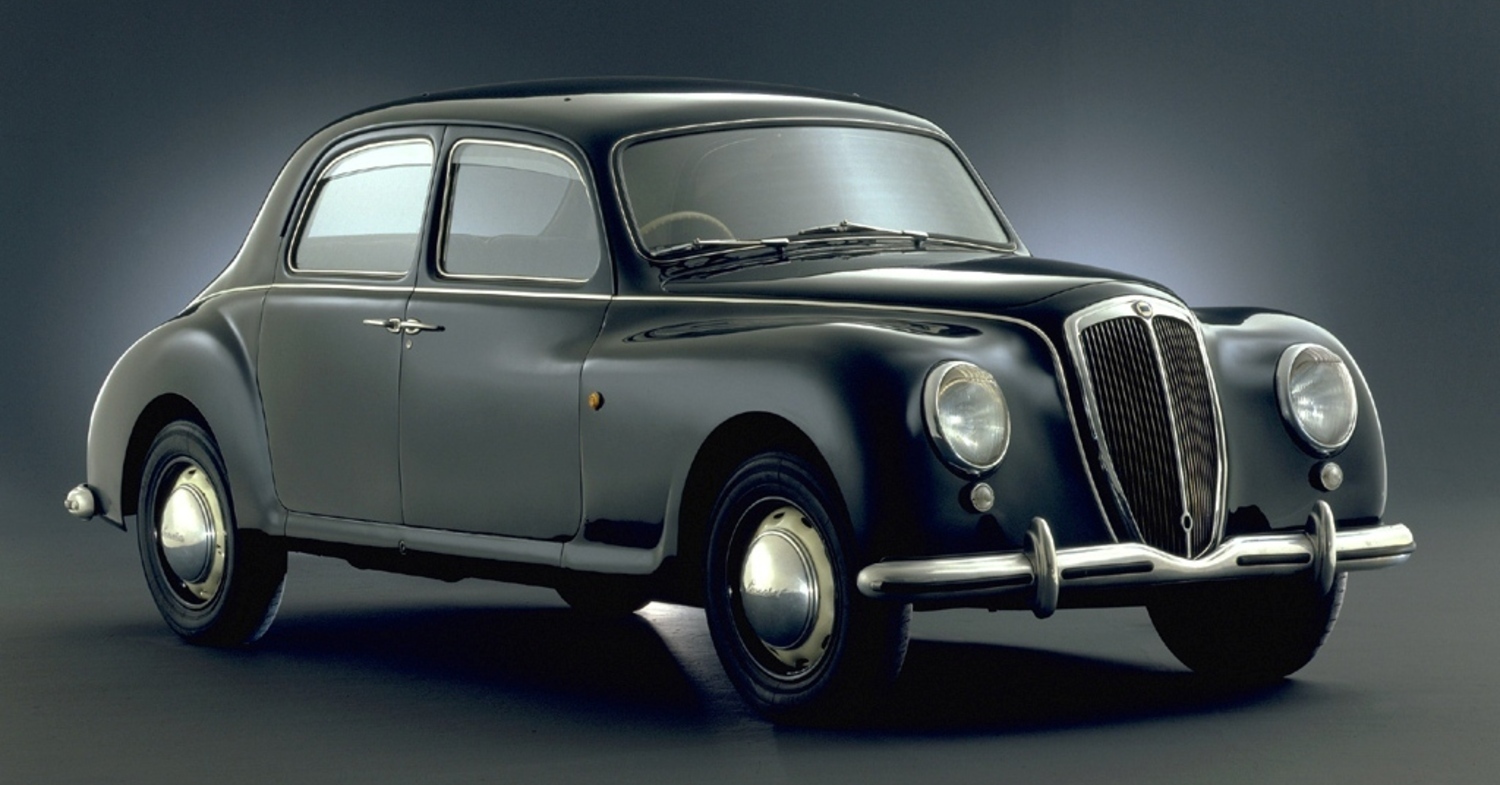
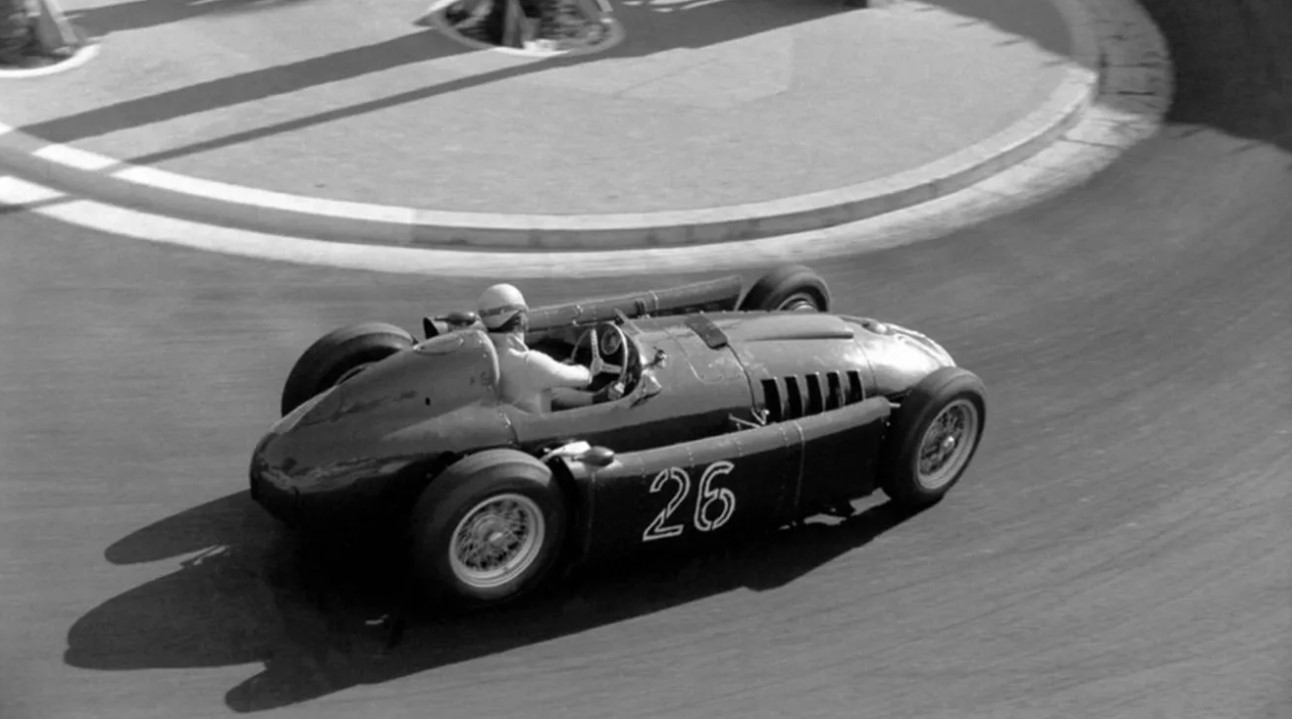
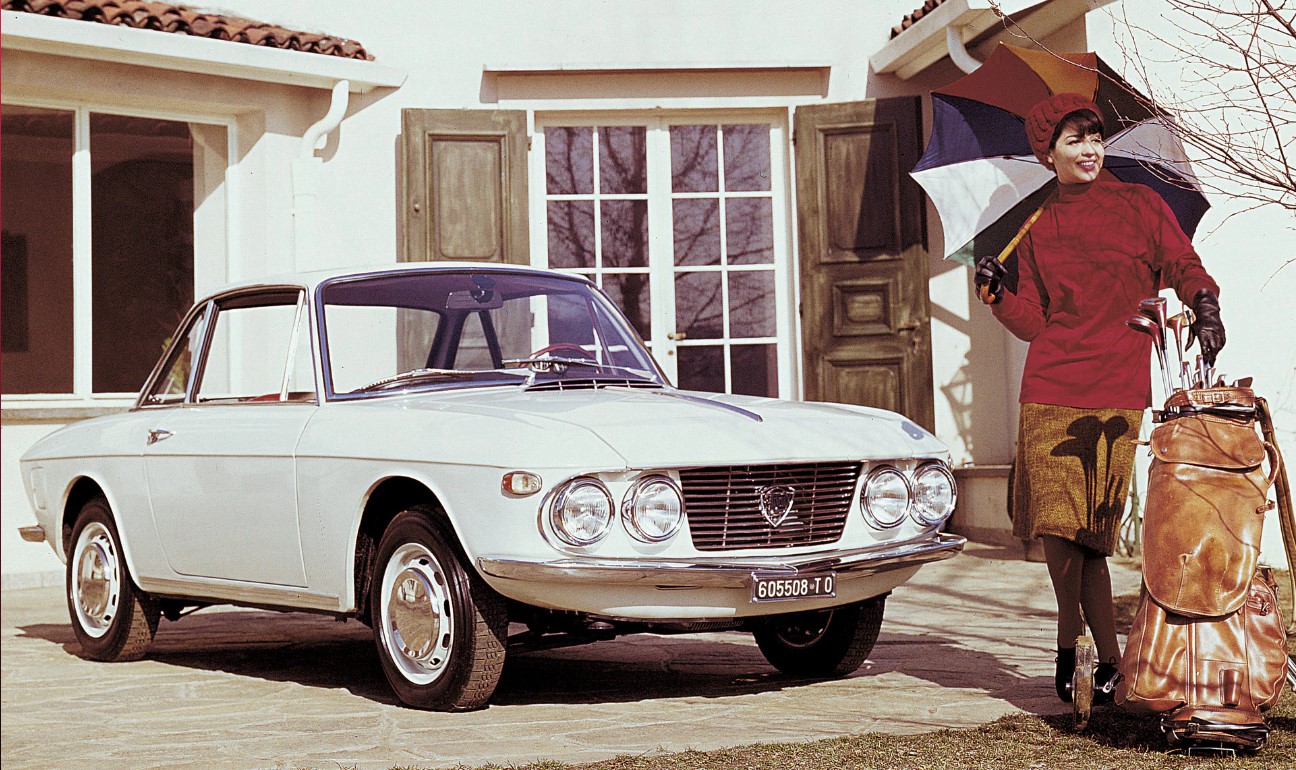
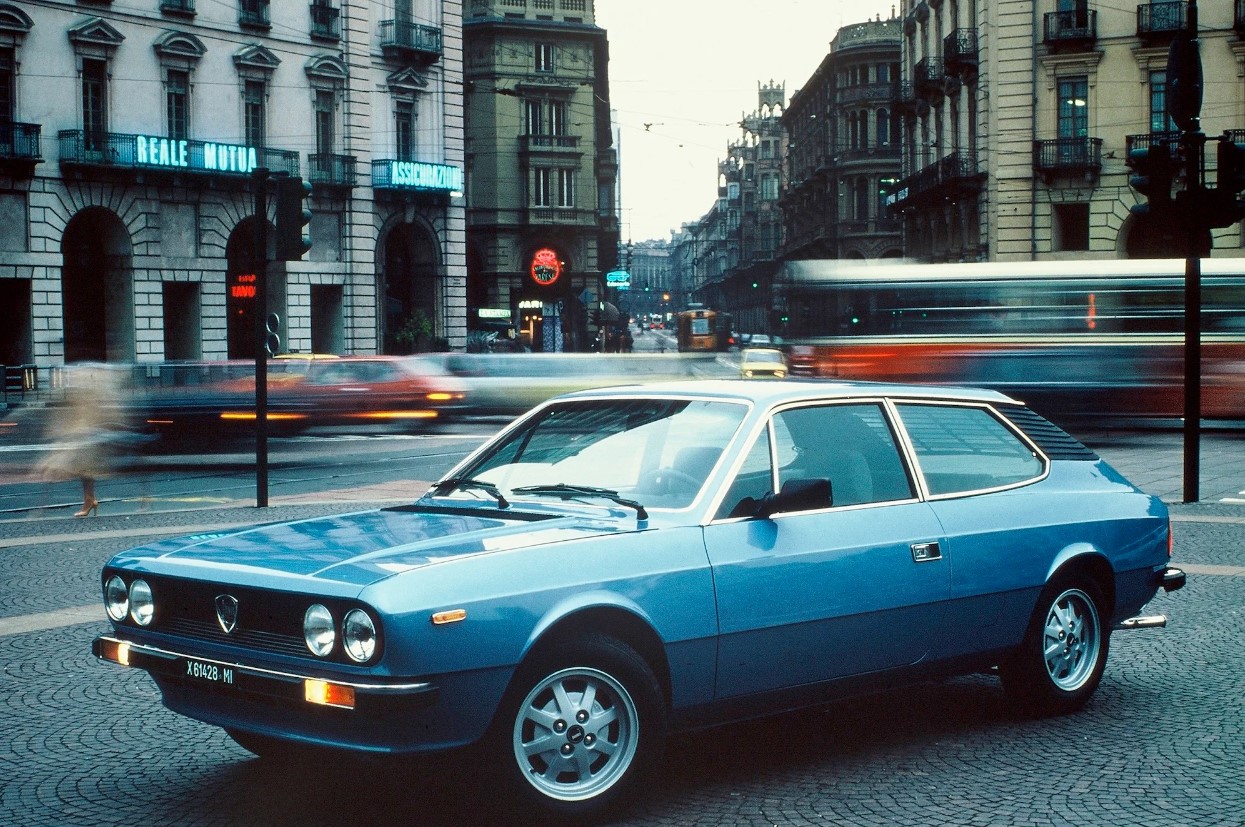
In the 1980s, Lancia continued its success in rallying with the introduction of the Lancia Delta, particularly the Delta Integrale. This model proved to be one of the most successful rally cars of all time, securing multiple WRC titles and contributing to Lancia’s reputation as a dominant force in motorsport. The Delta Integrale’s exceptional handling and performance made it a favorite among drivers and enthusiasts alike.
Despite its success on the track, Lancia faced significant financial challenges and changes in ownership over the years. The brand was acquired by Fiat in 1969, which led to a shift in focus and a gradual decline in Lancia’s production of high-performance and luxury cars. The 1990s and 2000s saw a shift towards more mainstream models, such as the Lancia Ypsilon, a city car that became popular in Europe but did not capture the same motorsport glory as its predecessors.
In recent years, Lancia has largely been confined to the Italian market, with limited international presence. The brand has continued to produce models like the Lancia Ypsilon, focusing on small, stylish cars. Lancia’s rich history in motorsport and innovation remains a significant part of its identity, with the brand’s legacy still celebrated among automotive enthusiasts.
Today, Lancia’s legacy as a pioneer of automotive technology and a champion in motorsport endures, reflecting a storied history of excellence and innovation in the automotive world.
